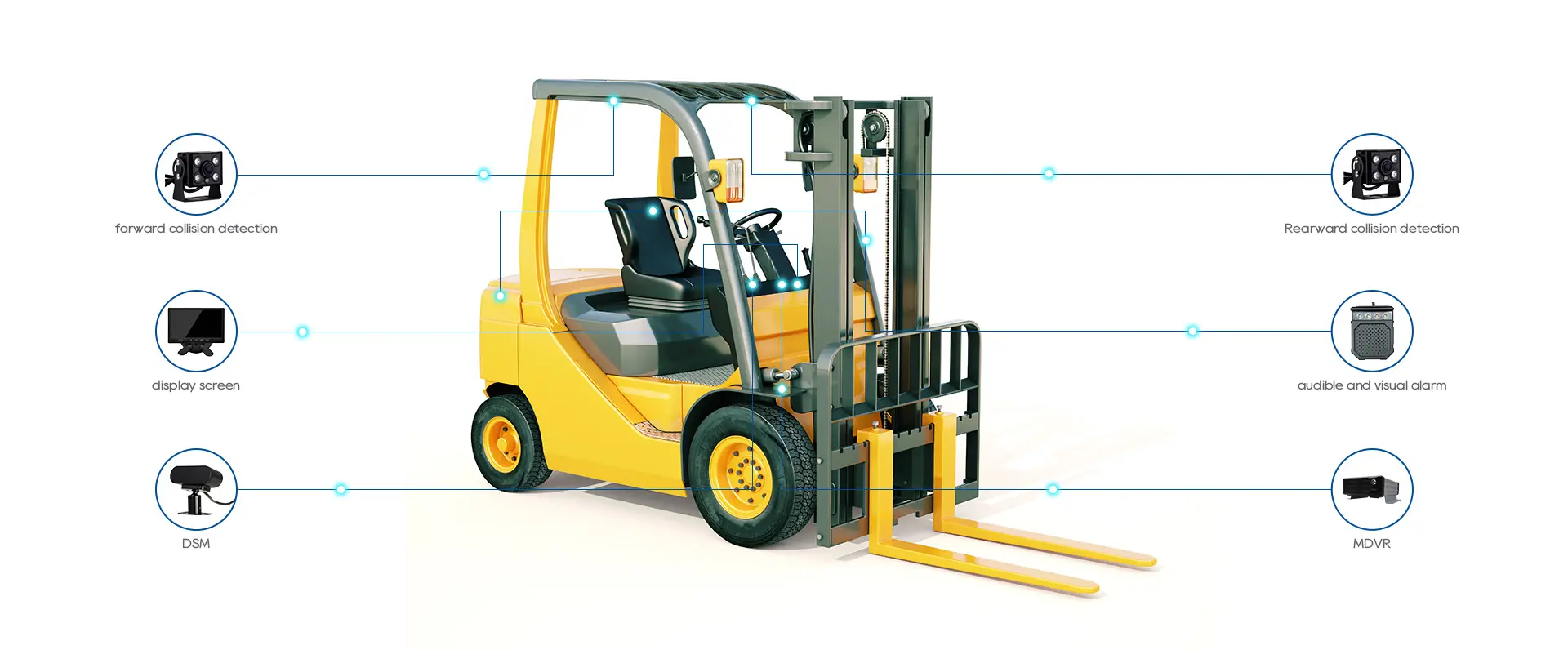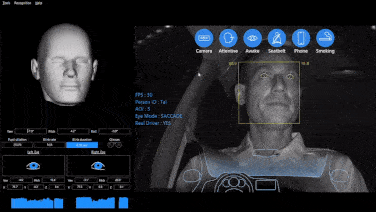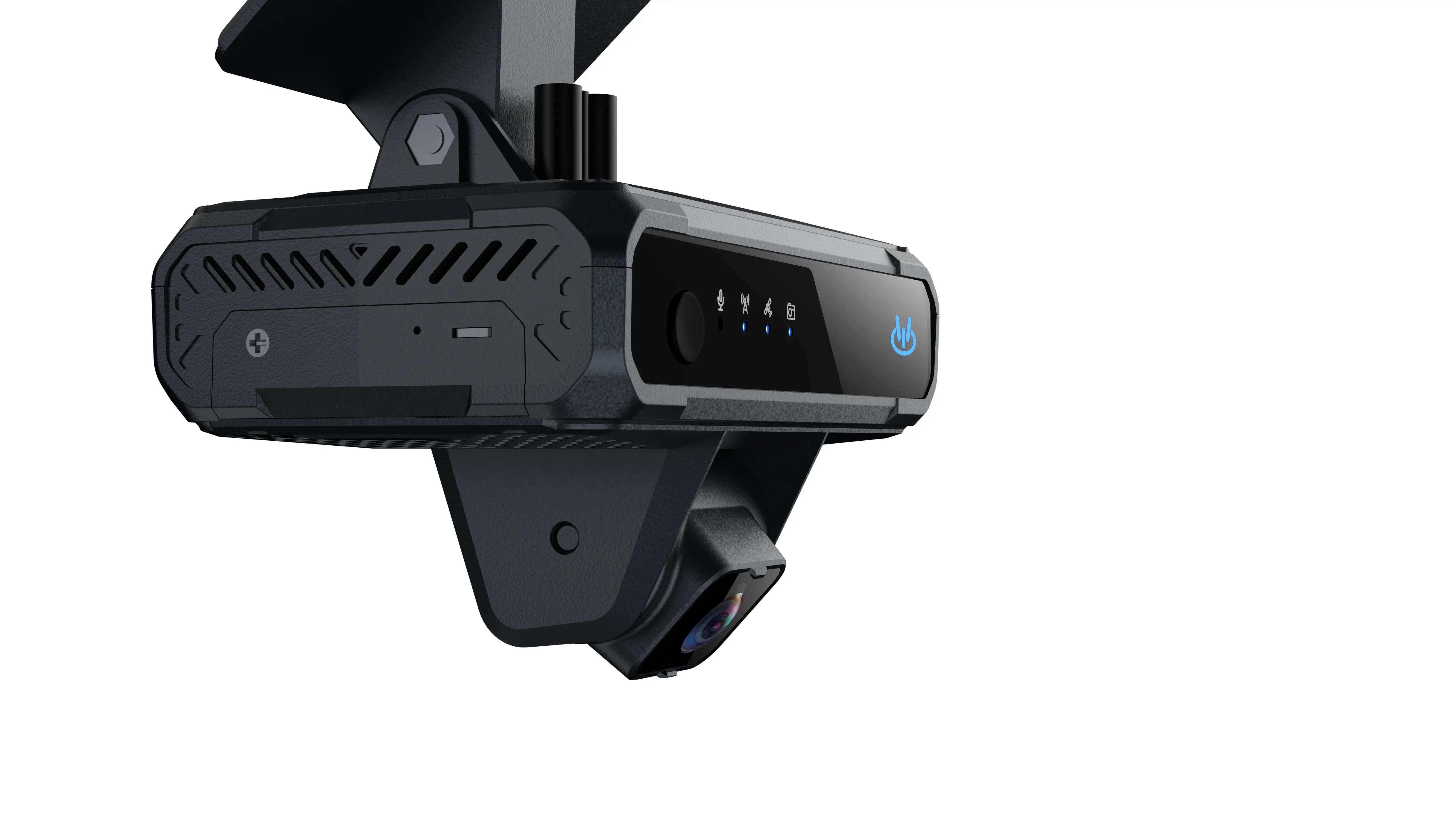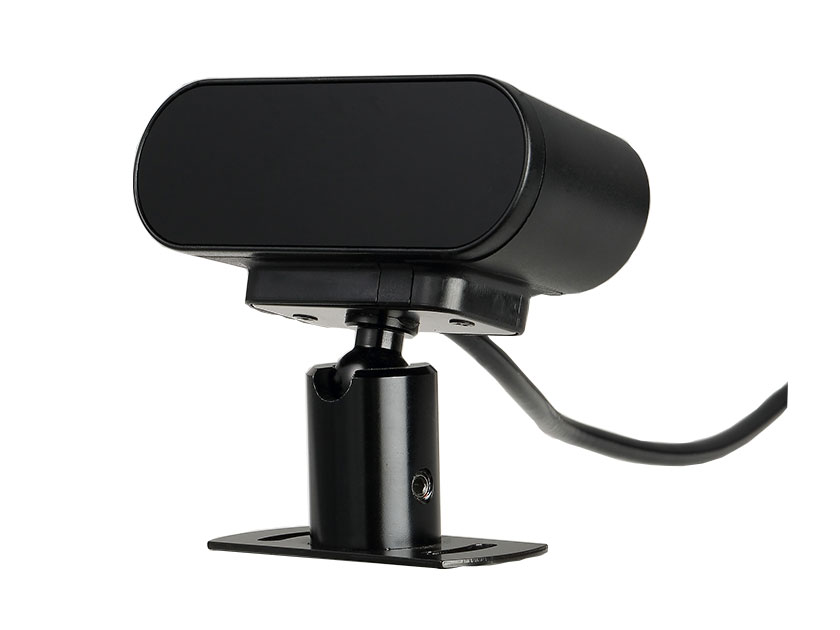AI Safety System ADAS & DSM Monitoring
ADAS and DSM Monitoring System
With the continuous advancement of technology, the application of artificial intelligence (AI) in various fields has become increasingly widespread. In the automotive industry, AI-driven active safety warning systems have become an important technology, providing drivers with a safer and more comfortable driving experience. Among these, the ADAS (Advanced Driver Assistance Systems) and DSM (Driver State Monitoring) systems are two essential components.

ADAS Safety Driving Assistance System
ADAS (Advanced Driver Assistance Systems) refers to a range of advanced driving assistance systems designed to enhance driver safety and comfort. ADAS utilizes various sensors and corresponding algorithms to perceive the driving environment and provide timely assistance, reducing the likelihood of traffic accidents.

Key functions of ADAS include, but are not limited to:
- Lane Keeping Assist System: Monitors the vehicle’s position using cameras or radar, reminding the driver to stay within the lane and avoid lane departure.
- Adaptive Cruise Control System: Automatically adjusts the vehicle's speed based on the speed and distance of the vehicle ahead, maintaining a safe distance from the car in front.
- Automatic Emergency Braking System: When the system detects an obstacle ahead and predicts a possible collision, it automatically triggers emergency braking to avoid the collision.
The safety and reliability of ADAS depend on the accuracy of the sensors and the precision of the algorithms. Currently, with advancements in AI technology, the performance of ADAS systems is continuously improving, providing drivers with more efficient and safer driving assistance.

DSM Fatigue Driving Monitoring
DSM (Driver State Monitoring) is a technology used to monitor the driver's fatigue level and attention status. Fatigue driving is one of the leading causes of traffic accidents, and the application of DSM can detect signs of fatigue driving in time, reminding the driver to take a break or take other measures to maintain a safe driving state.
DSM systems typically use cameras and image processing algorithms to monitor the driver’s fatigue and attention levels. By analyzing indicators such as eye movement, facial expressions, and head posture, DSM can determine whether the driver is fatigued or distracted. If the system detects signs of driver fatigue, such as frequent blinking, yawning, or head tilting, it will promptly issue a warning to alert the driver.

Both ADAS Safety Driving Assistance and DSM Fatigue Driving Monitoring play crucial roles in improving driving safety within the AI-driven active safety warning system. ADAS systems reduce the risk of traffic accidents through various assistance functions, while DSM systems detect driver fatigue and distraction, reminding drivers to maintain safe driving. As AI technology continues to develop, the performance of these two systems will further improve, providing drivers with smarter and more reliable safety driving assistance.















































